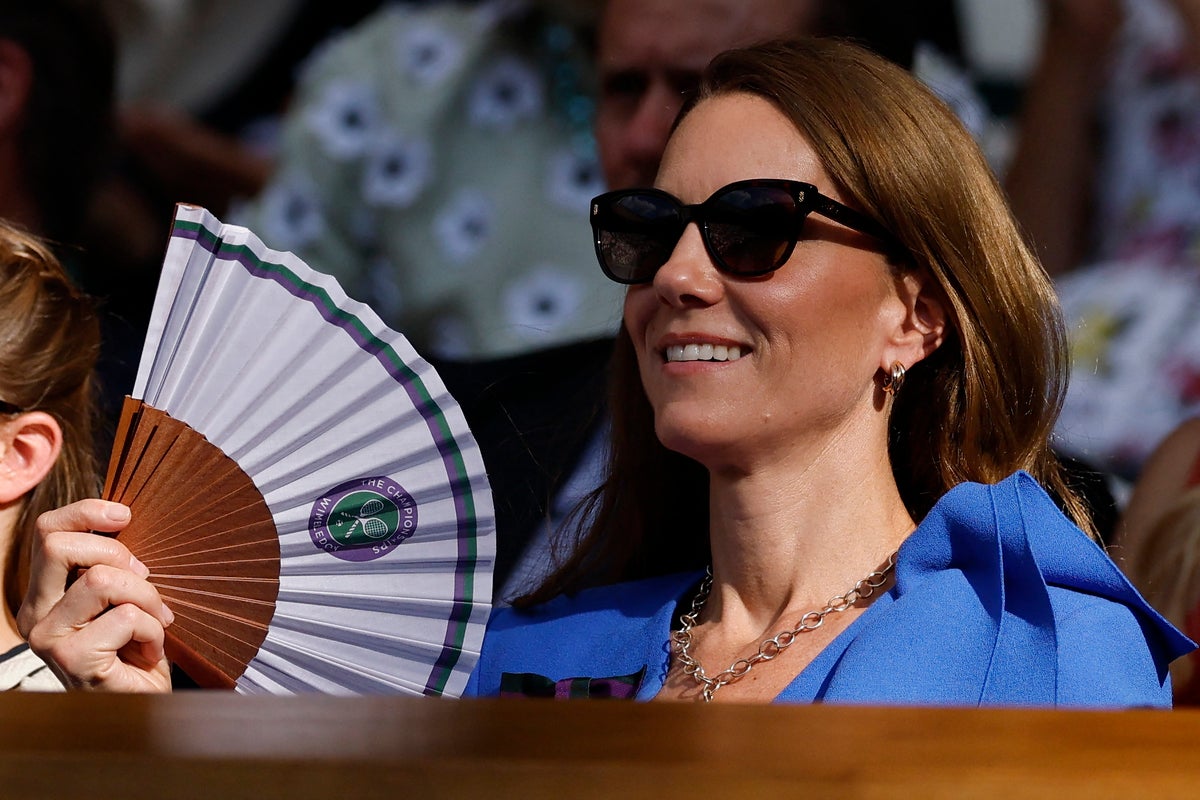There is a “real concern” over the wellbeing of doctors in training, the medical regulator has warned.
The General Medical Council (GMC) said that the proportion of training doctors who are at “high risk of burnout” has doubled since 2019.
It comes as the Government and the British Medical Association (BMA) are set to sit down for key talks to try and avert strike action later this month.
Ministers have insisted that they will not budge on pay, but are willing to work to help improve the working lives of doctors.
The BMA announced last week that resident doctors – formerly known as junior doctors – in England would walk out for five consecutive days from 7am on July 25 amid a pay dispute with the Government.
Some of the GMC’s 2025 national training survey may be discussed during the crunch talks between the union and the Government this week.
Findings from the poll of more than 50,000 doctors in training across the UK include:
– 61% are considered to be at moderate or high risk of burnout. Some 20% are deemed to be at high risk of burnout.– 21% of doctors in training do not feel confident in approaching a more senior doctor to discuss concerns they have about the medical treatment a patient is receiving.– 26% believe their training is affected because rota gaps are not dealt with properly.– 28% said they experience micro-aggressions – including negative comments or oppressive body language – from colleagues.– 39% said they do not feel they could raise concerns about discrimination at work without fear of adverse consequences.
Writing the forward of the report, Charlie Massey, chief executive and registrar of the GMC, said: “Profound challenges remain for healthcare systems across the UK. In particular, wellbeing, and its knock-on effects for patient care remain a real concern.
“While down on its 2023 peak, the proportion of trainees at high risk of burnout has doubled since 2019, now standing at a fifth of that cohort. Half find their work emotionally exhausting to a high or very high degree, while a third said their work frustrated them to a high or very high degree.”
He added: “That large numbers of trainees feel uncomfortable raising concerns with their senior colleagues is deeply troubling, and points to an environment where patient safety continues to fall victim to unhealthy culture.”
Professor Pushpinder Mangat, medical director and director of education and standards at the GMC, added: “Our data and workforce insights can support governments and organisations across the UK as they look to drive improvements to ensure that every doctor can thrive.”
On Monday, Health Secretary Wes Streeting told the House of Commons’ Health and Social Care Committee that a member of his own family is waiting for an “inevitable” phone call to tell them their NHS procedure has been postponed as a result of planned, resident doctor, strike action.
Mr Streeting also said he “cannot fathom” why “any doctor in good conscience would make it harder for managers to make sure we have safe staffing levels” after he slammed “unconscionable” advice from the BMA telling members not to tell their employers if they are planning to strike.
And the Cabinet minister said that he does not see a “reasonable trade union partner” in the Resident Doctors Committee (RDC) of the BMA “at this time”.
The BMA has said that resident doctors need a pay uplift of 29.2% to reverse “pay erosion” since 2008/09.
In September, BMA members voted to accept a government pay deal worth 22.3% on average over two years.
The 2025/26 pay deal saw resident doctors given a 4% uplift plus £750 “on a consolidated basis” – working out as an average pay rise of 5.4%.


